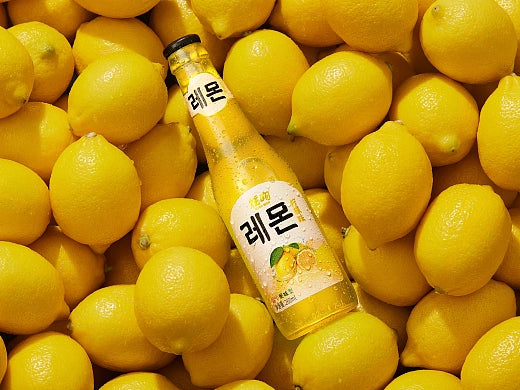Sweets can make people feel good but at the same time create a “sweet trap” for people. In recent years, the production and sale of sugar-sweetened beverages has increased dramatically in my country, often leading to children drinking sugar-containing beverages as well. Reasonable studies have shown that excessive consumption of sugary drinks can increase the risk of tooth decay, as can obesity, type 2 diabetes and other chronic diseases. Professor Ma Guansheng, a professor at Peking University’s School of Public Health and vice president of the Chinese Nutrition Association, suggested reducing or eliminating sugar-sweetened beverages and not using sugary drinks as a substitute for water gave. is .
Sugar-sweetened beverages are beverages that are incorrectly added to the beverage product and contain more than 5% sugar. Today, more than half of the beverages in the national beverage market are sugary beverages. The World Health Organisation’s Dietary Guidelines for Adults and Children recommend ‘reducing dietary sugar intake throughout life’. Free sugar consumption for adults and children should be reduced to less than 10% of total energy, and if it can be controlled back to less than 5%, it would be beneficial to health.
"White water is cheap and readily available, safe and healthy, and you don't have to worry about the health hazards of 'added sugars.' The water can be used properly, but regularly clean," Guangsheng said Drinking water is not recommended.
Guansheng advised that some people, especially children, who do not like to drink unhealthy white water, add 1-2 slices of fresh lemon and 3-4 mint leaves to the water to enhance the color and flavor. Water and other traditional beverages can also be made. Bean juice, bitter soup, etc., must add sugar. In addition, adults may also choose to drink weak tea or coffee, but it is not recommended to drink too strong tea, and not too much coffee.

